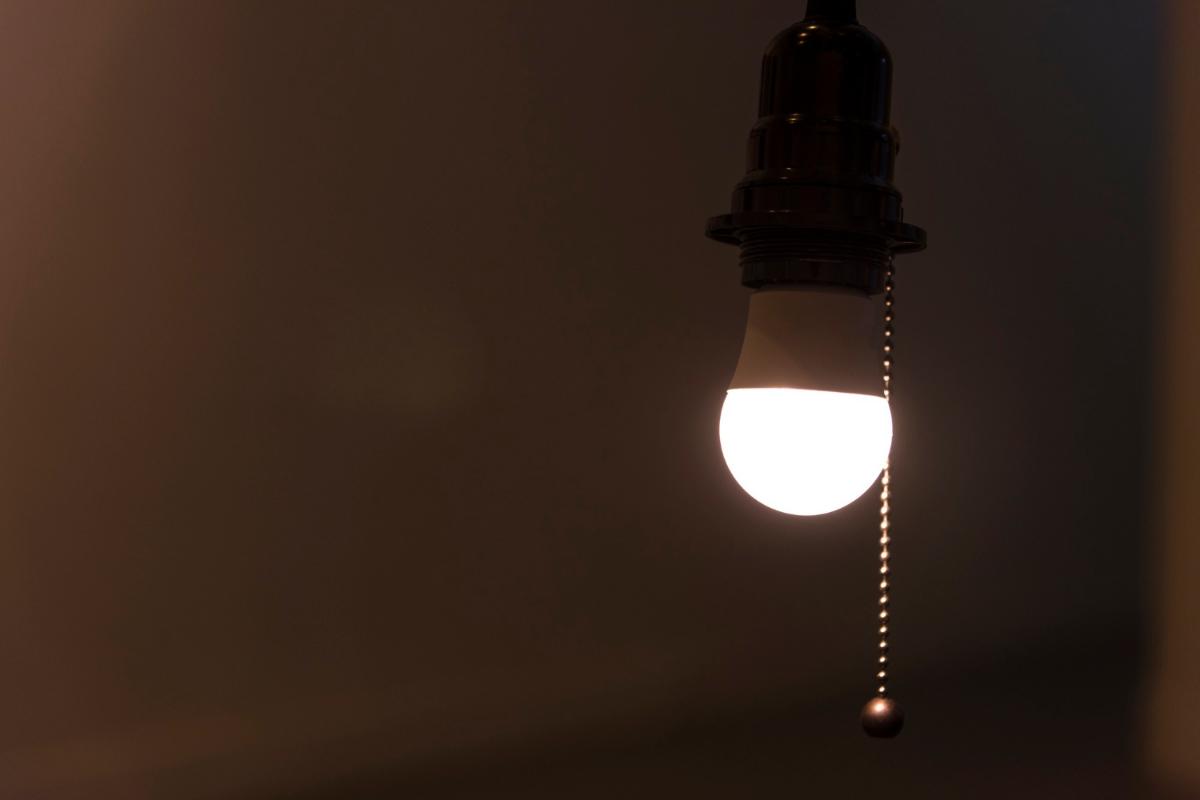Possible Causes for Lights Flickering | Zero in on The Issue

Flickering lights are nothing to disregard, even in an older, well-designed electrical system. If you already went through the minor issues & loose connections that could be the cause, but the problem continues, it is probably time to contact electrical contractors in Winter Park, FL.
Flickering lights could indicate a severe concern because your electrical system cannot handle higher electrical loads. Several possible causes must be managed immediately to avoid shock or electrical fires. If the flickering problem stems from a serious issue, take note of these:
- Persistence - Did it occur just once, or does it happen often?
- Severity - Is the flickering barely detectable or very obvious?
- Consistent - Is it occurring every time you turn on a certain appliance?
The major causes include:
An Overloaded Circuit
You may overload the circuit if you detect flickering when you turn on a significant appliance. One or more circuits may be encountering an overload. If the flickering is short and irregular, it is likely not too serious. Nevertheless, if it happens all the time or endures more than just a few seconds, it's time to look into your circuit overload. Never try to fix this problem yourself. Instead, always call a professional electrician to ensure it's accomplished safely and correctly.
Utility Service
Sometimes the problem stems from the origin where your electricity is serviced, your electric company. This is mainly a concern if houses nearby share a transformer and your electrical supply is shared by their electrical burdens. Simply stated, if your neighbor uses a lot of electricity, your lights might start flickering. If this occurs, contact an electrician to decide if any restorations need to be done.
Voltage Fluctuations
Most houses are on a standard 120-volt circuit, so your house's electrical voltage should remain between 115 and 125 volts. Inspect this yourself with a voltmeter. If the reading is over 125 volts, you may have a severe fault in your electrical system. One indication of high-voltage or voltage fluctuation issues is light bulbs burning out quicker than they should or lights dimming inconsistently without notice and for no other cause.
Look for symptoms of voltage change that could be a monumental concern:
- Lights flicker when you turn on major appliances or bigger loads
- Flickering keeps occurring even after the device is turned off
- Lights dim at unexpected and inconsistent times
- Light bulbs burn out quicker than they should
- Appliances or electronics malfunction or turn off
Call a professional electrician instantly when you discover a matter that requires critical attention before the high voltage causes a dangerous catastrophe.
Aged or Loose Wires
Loose wiring might not seem like a big deal, but it is often hazardous. According to The National Fire Protection Association NFPA, nearly 70% of house fires are caused by wiring issues.
Two of the most typical electrical wiring offenders are loose or outdated wiring. Sometimes old wiring may have been improperly established or become corroded over time, long before your lights begin flickering.
Arcing
Loose wires can cause arcing. Arcing is when an electrical current has to jump over a lousy connection to keep flowing. Every time it bounces, or arcs, it creates very hot temperatures that can end up flashing and generating an electrical fire. Each arc often surpasses 10,000 degrees Fahrenheit or nearly 5,500 degrees Celsius. Prevent arcing before it becomes a crisis. Have electrical contractors in Winter Park, FL, check for loose wires in fixtures, controls, breaker box connectors, and open service conductors in your main electrical panel.
These are only some significant issues that may cause flickering lights in your home. Contact us today for an electrical inspection and keep your household safe.